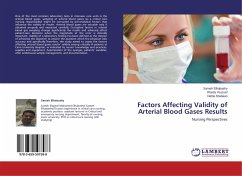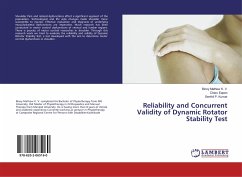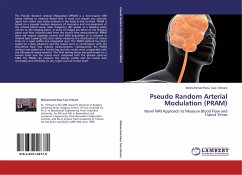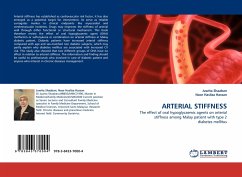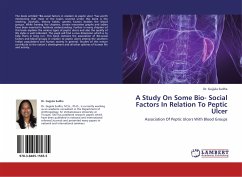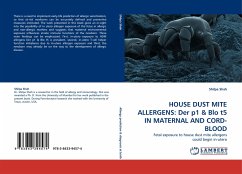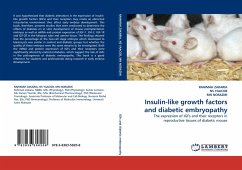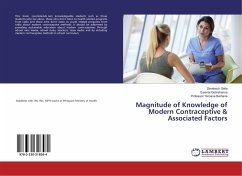One of the most common laboratory tests in intensive care units is the arterial blood gases, sampling of arterial blood gases (as a critical care nursing responsibility) might be corrupted by pre-analytical factors that influence the validity of results. Arterial blood gases are valuable only if obtained properly and measured carefully. Corrupted factors in arterial blood gas sampling change significantly the results and adversely affect patient-care decisions when the magnitude of the error is clinically important. Validity of a laboratory finding has been defined as the 'degree of achieving the objective' to answer the question which the physician asks accuracy and specifically.Therefore, the study aimed to assess the factors affecting arterial blood gases results' validity among critically ill patients at Cairo University Hospital, as indicated by nurses' knowledge and practices, supplies and equipment, heprinization of the syringes, patients' variables, after withdrawal sample management, and documentation.

